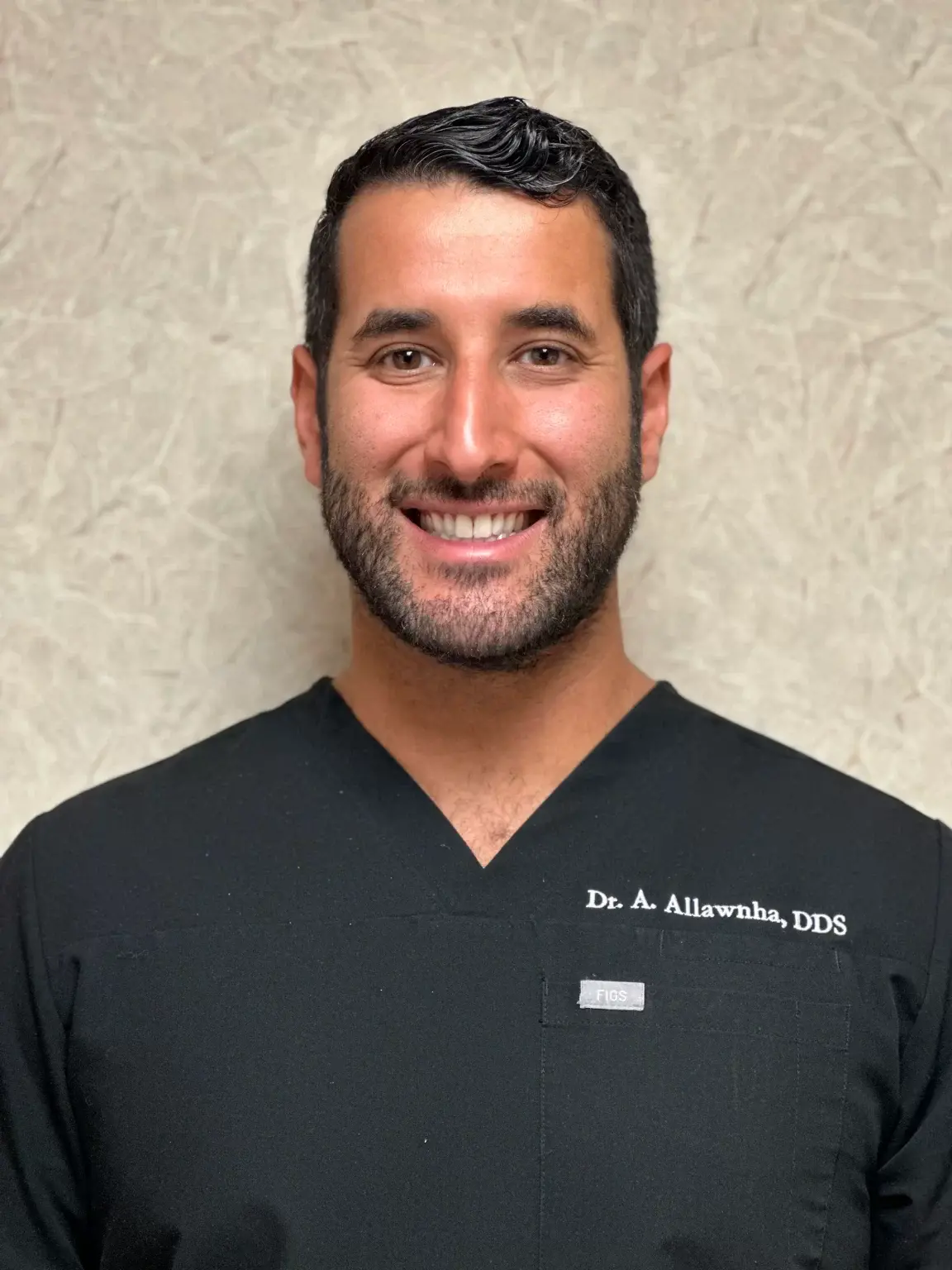Sometimes bacteria can get into the pulp of a tooth and infect it. Pulp is found below the enamel and dentin layer of the teeth, which contains blood vessels, connective tissues, and nerves that help your tooth’s root grow. Having an infected pulp is not good for your teeth and overall health; you might lose your teeth, and the infection may spread to other parts of your body through the blood vessels in the pulp.
Your tooth may need root canal therapy to save it when this happens. Dentists have saved and treated millions of teeth with root canal therapy, providing patients with pain relief and healthier teeth.
What is a Root Canal?
How does a root canal work? A root canal is a procedure to relieve pain from an abscessed or infected tooth. In a root canal treatment, dentists remove the inflamed pulp through a small hole, then seal the area after cleaning and disinfecting the tooth’s surfaces. A fully developed tooth can survive even without its pulp; the tissues surrounding the tooth will continue to nourish it.
Root canals are similar to routine fillings and can be done in one or two visits, depending on each patient’s case. They are painless and highly effective; root canal success rates are 98%.
Root canals are your dentist’s last resort in treating your tooth before ever considering extracting it. Keeping a tooth intact is essential because:
-
Your smile will keep its natural appearance.
-
You can keep your normal biting force and sensation.
-
You can still chew your food effectively.
-
It protects the rest of your teeth from excessive wear and strain.
Signs You Need a Root Canal Treatment
Telling if your tooth has an infection is sometimes difficult. However, some people will notice certain symptoms. Some signs that you may need a root canal are:
-
Toothache that won’t go away – Many dental problems can lead to tooth pain. You may also feel discomfort radiating to your jaw, face, or other teeth. Root canal therapy may be necessary if you feel pain in the root of your tooth.
-
Heat and cold sensitivity – It may be time to have a root canal if your tooth hurts from consuming hot coffee or ice cream. This is especially true when the pain lasts more than a few minutes.
-
Swollen gums – When a tooth becomes infected, pus may collect around the tooth. This can cause tender, puffy, or swollen gums.
-
A boil on the gums – You may get a boil or a pimple on your gums. The pus from an infected tooth can drain from the pimple and cause an unpleasant smell or taste.
-
Swollen jaw – Sometimes, the pus doesn’t drain, causing your jaw to swell visibly.
-
Tooth discoloration – Your tooth may appear darker when its pulp gets infected. Poor blood supply can also cause tooth discoloration.
-
Pain when applying pressure – Damaged nerves around the pulp results in pain when you eat or touch your tooth.
-
Chipped or cracked teeth – Bacteria can get into the pulp if you chip or crack your tooth from an accident or bite something too hard.
-
Loose teeth – An infected tooth might feel loose due to pus that can weaken the bone supporting your tooth.
How Long Does A Root Canal Last?
Root canal therapy is used to save a tooth that has been damaged, but there’s no guarantee it will last forever. Some of the factors that affect how long a tooth will last after a root canal are:
1. Severity of Decay
The sooner a patient with tooth decay is treated, the better their outcomes. Advanced tooth decay means your dentist has more tooth structures to remove and replace with restorations. Dental materials are incredibly advanced these days but cannot replicate or replace the structural integrity and beauty of natural dentin and enamel.
Teeth with long-standing infections are difficult, even impossible, to treat. These infections can cause severe bone loss, making it impossible to save the tooth.
2. Tooth Location
Front teeth are easier to treat, which makes endodontic care easier. On the other hand, back teeth are more difficult to treat because they have more roots and endure greater bite force when chewing. They are also more susceptible to fracture-related problems.
3. Success of Treatment
You should seek a skilled dentist or endodontist to perform a root canal. Having a specialist examine your condition is a good idea, but the treatment’s success will depend on many factors. Your dentist or orthodontist needs to locate and remove as much diseased tissue as they can before disinfecting the tooth chamber. This is more challenging in your rear teeth due to multiple nerve canals. Your dentist or endodontist will have to access and clean all of them to ensure the success of your treatment.
4. Patient Age and Health Status
Older patients have teeth that are more fragile and susceptible to breakage during and after treatment. Most also suffer from systemic conditions that impact their oral health. They often don’t have enough saliva to flush out food particles and bacteria from your mouth, and their nerve canals might be calcified or closed up, making treatments more difficult. These can result in a dry mouth, which increases the risk of developing oral infections.
5. Root Canal Failure
According to the American Association of Endodontists, root canal treatments can fail for many reasons, like crown failure, inner sealant failure, root fractures, and failure to locate nerve tissues. A root canal failure is often characterized by pain, tenderness, swelling, loose teeth, and sinus pain, making endodontic treatments necessary.
6. Good Aftercare
Oral health care doesn’t stop with dental treatments. Regular examinations and teeth cleanings are essential for long-term dental health. A patient’s future oral hygiene significantly affects how long a tooth can last after a root canal.
Enjoy strong and healthy teeth with help from Century Dental.
Teeth extraction is often the very last thing dentists consider when treating teeth. Our dentists near South Pasadena, FL perform preventive dental services to help keep your teeth healthy and last for a long time. They also perform restorative dentistry if you ever lose a tooth. Start your journey to strong and healthy teeth with us. Call us with your questions or concerns, and we’ll get to you immediately.





